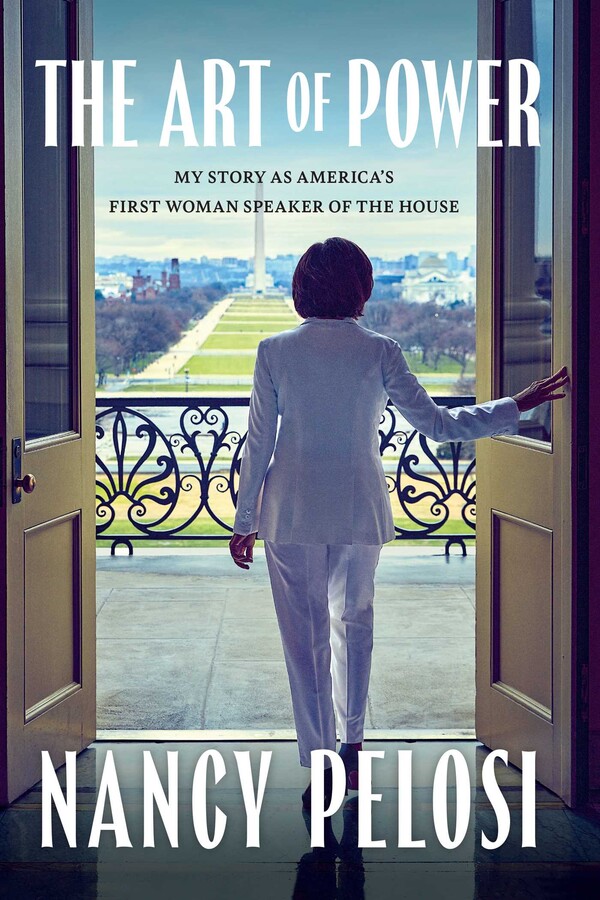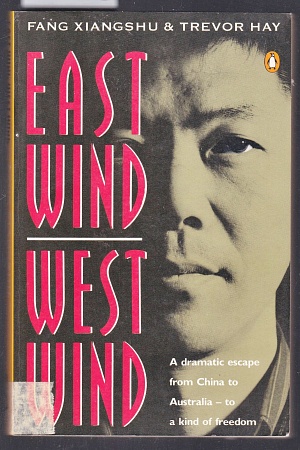The Art of Power: My story as America’s first woman Speaker of the House
Simon & Schuster, $34.99 pb, 337 pp
ABR receives a commission on items purchased through this link. All ABR reviews are fully independent.
‘Where is Nancy?’
As leading US historian Eric Foner wrote in his classic account, The Story of American Freedom (1999), it is the ‘story of freedom’ that conveys Americans’ favourite idea of itself. Of course, its meaning and uses change over time. It is a flexible value. We only need to look at candidates’ promises in the US election, with Kamala Harris declaring, ‘We choose freedom’ and Donald Trump (‘We believe in the majesty of freedom’) planning to build ten new futuristic ‘freedom cities’.
The story of freedom has framed American goals pursued at home, often in the name of ‘democracy’, ‘freedom of speech’, or ‘liberty and justice for all’, and overseas in support of ‘democracy’ and ‘human rights’, to justify the large number of American military bases spread around the world (there are currently seven hundred, in eighty different countries).
The paradox involved in deploying police and the National Guard at home, to break up peaceful protest, and military force abroad, to impose freedom on other countries, is not often addressed, and certainly not in Nancy Pelosi’s new book, The Art of Power: My story as America’s first woman Speaker of the House. Pelosi is, above all, a patriot, fiercely loyal to her country, the Democratic party, the House, and her family. She seems taken with the idea of power as a means to freedom. Her previous book was called Know Your Power: A message to American’s daughters (2008). Pelosi has worked hard to increase the number of women with ‘a seat at the table’, but she insists that she didn’t want to be elected because she was a woman.
The first female Speaker of the House believes in employing US power in pursuit of freedom around the world. She recalls that since 1987, in the course of her long years of service in the United States Congress, she has ‘travelled to eighty-seven countries: some once, others many times, particularly to visit our troops’, whom she describes as serving in ‘the uniform of freedom’. Her starry-eyed account provides some insight into the tendency of Democrats to be more hawkish in foreign relations, more assertive in their dealings with the world, than are Republicans. Idealism begets hubris.
Continue reading for only $10 per month. Subscribe and gain full access to Australian Book Review. Already a subscriber? Sign in. If you need assistance, feel free to contact us.
The Art of Power: My story as America’s first woman Speaker of the House
by Nancy Pelosi
Simon & Schuster, $34.99 pb, 337 pp
ABR receives a commission on items purchased through this link. All ABR reviews are fully independent.
















Leave a comment
If you are an ABR subscriber, you will need to sign in to post a comment.
If you have forgotten your sign in details, or if you receive an error message when trying to submit your comment, please email your comment (and the name of the article to which it relates) to ABR Comments. We will review your comment and, subject to approval, we will post it under your name.
Please note that all comments must be approved by ABR and comply with our Terms & Conditions.